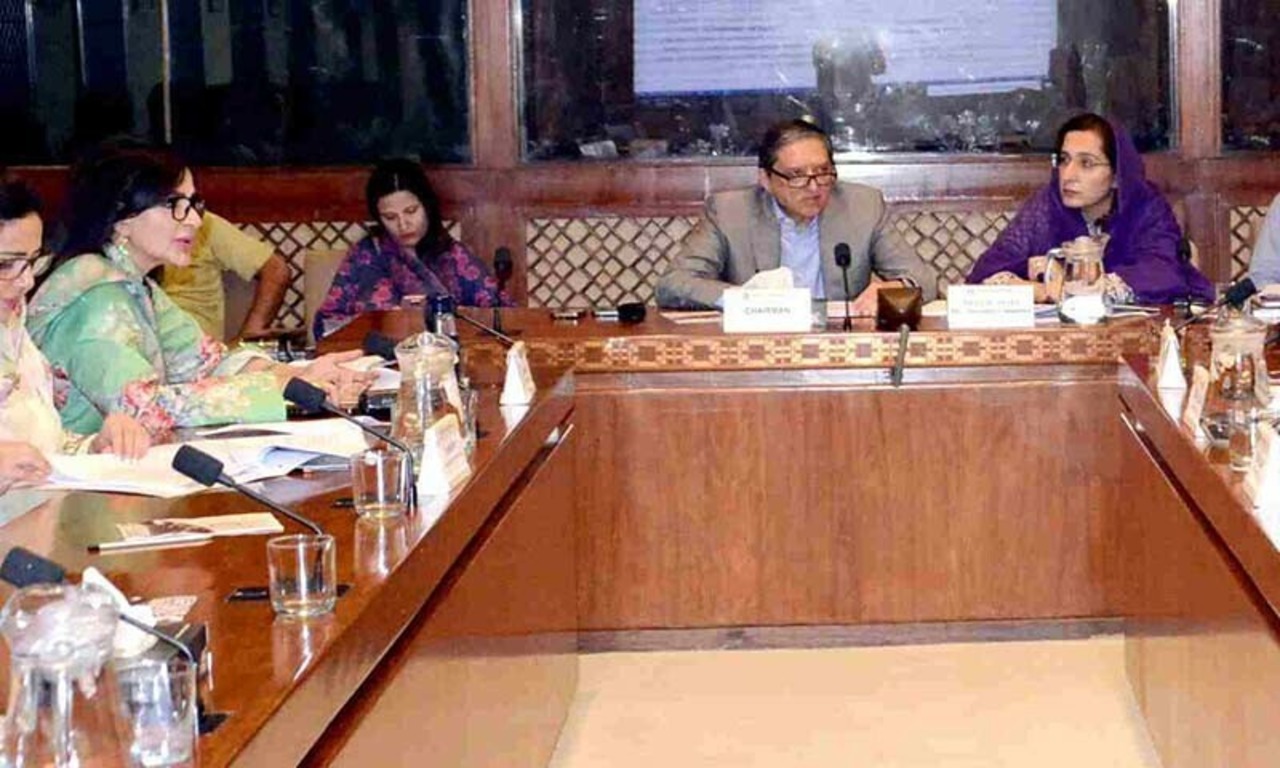ISLAMABAD – In a landmark decision, the Senate Standing Committee on Finance and Revenue has unanimously approved amendments to the State-Owned Enterprises (Governance and Operations) Ordinance 2024. This significant move grants the government the authority to dismiss existing directors of public sector entity boards before the completion of their tenures, starting with power companies.
The proposed amendments stipulate that future board directors, including both government and independent members, will undergo performance evaluations conducted by the board’s nomination committee. Recommendations for their removal will then be sent to the federal government for approval.
The government has already made strides in inducting new private sector members into most power distribution companies, setting the stage for a more dynamic and performance-oriented governance structure.
Senator Saleem Mandviwalla presided over the committee meeting, which was also attended by prominent senators Sherry Rehman and Anusha Rehman. Representatives from the Ministry of Finance presented the proposed changes, highlighting the new framework’s potential to empower the government to nominate independent directors through an institutionalized mechanism. This includes ensuring a majority of independent directors on the boards, providing security of tenure, establishing clear removal criteria, enhancing board independence, and appointing chief executive officers based on board recommendations.
A ministry official emphasized the urgency of reconstituting the boards of state-owned enterprises. This realignment is crucial to meet the reform initiatives agreed upon with the International Monetary Fund (IMF), which aim at restructuring, transforming, and potentially privatizing certain entities, alongside improving the administrative affairs of government-owned institutions.
The approval of these amendments marks a significant step towards strengthening the governance and operational efficiency of state-owned enterprises in Pakistan, aligning them more closely with international best practices and the country’s broader economic reform agenda.
